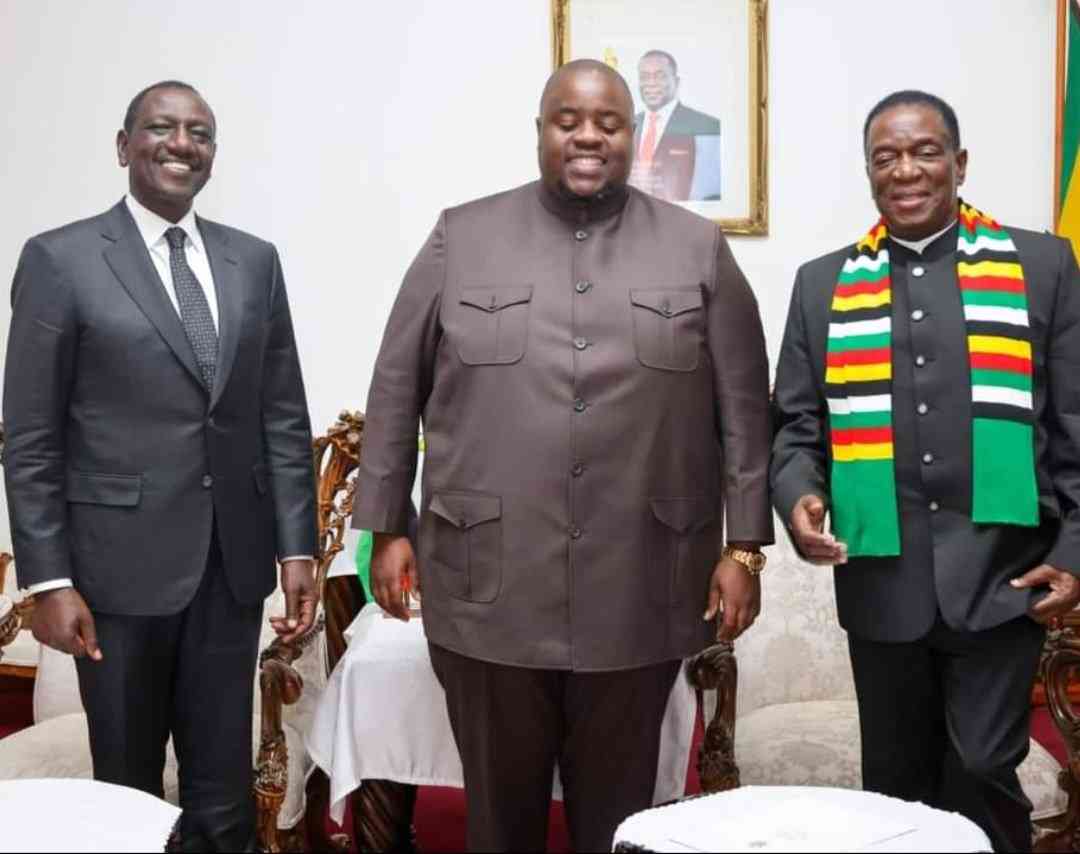
The public hearings into the mass killings of people in Matabeleland and the Midlands in the early years of Zimbabwe’s independence must adhere to international best practice on conflict resolution.
In the aftermath of the coup that toppled long- time ruler Robert Mugabe, President Emmerson Mnangagwa pledged to facilitate open discussion about the killings by the North Korea-trained Five Brigade in the 1980s during a period commonly referred to as Gukurahundi.
Mugabe virtually criminalised any open discussion about the genocide as he avoided taking blame for the progrom that led to the death of an estimated 20 000 people that were mainly supporters of the then opposition Zapu party and its former military wing Zpra that was led by the late vice president Joshua Nkomo.
Thousands of innocent people disappeared during the dark period and several women were raped by members of Five Brigade and suspected dissidents.
Mugabe’s regime shied away from addressing the problems that were directly linked to the massacres such as victims being rendered stateless because they could not access identity documents and families struggling to find closure because they do not know what happened to their relatives that were captured by the Five Brigade.
Mnangagwa, who was a state security minister during Gukurahundi and had a strong hand in the military campaign, has given chiefs a leading role in what he says is a home grown solution to a problem that has remained an albatross on Zimbabwe’s neck.
The traditional leaders are about to start public hearings on the genocide as part of the healing process.
Last week we were alarmed by remarks attributed to Zimbabwe Chiefs Council deputy president Fortune Charumbira at a workshop for editors held in Bulawayo where he said Gukurahundi should not be classified as genocide.
- Ziyambi’s Gukurahundi remarks revealing
- Giles Mutsekwa was a tough campaigner
- New law answers exhumations and reburials question in Zim
- Abducted tourists remembered
Keep Reading
The alarming remarks exposed everything that is wrong with the process as it would appear that the government has set the stage for interested parties to dictate to victims on how they want the matter to be resolved.
Charumbira has no right to tell the victims how they should frame their stories. The process must never be prescriptive if it is to achieve its stated goals of unity in the country.
Zimbabwe can learn from countries such as Rwanda and South Africa that have undergone successful national healing processes after bitter conflicts.
There is absolutely no need to reinvent the wheel when we can borrow from those success stories drawn from the continent, or risk embarking on a process that will leave Zimbabweans even more divided because of an issue that should have been solved a long time ago.











